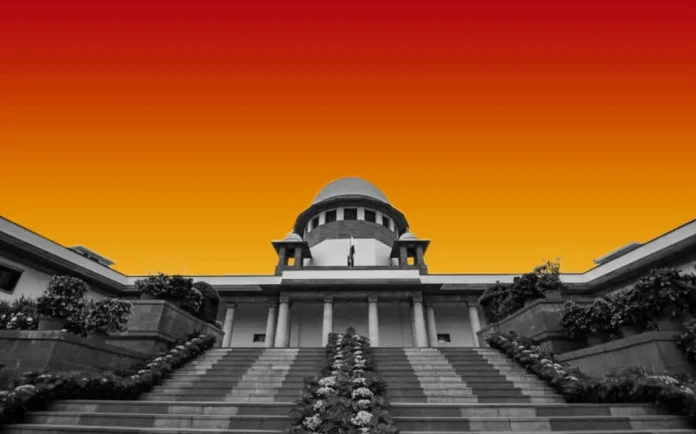The Supreme Court recently ruled that spouse to a marriage declared void under Section 11 of the Hindu Marriage Act (HMA), 1955 was entitled to claim permanent alimony and maintenance under Section 25.
The Bench of Justice Abhay S Oka, Justice Ahsanuddin Amanullah and Justice Augustine George Masih held that even if, prima facie, the matrimonial court found that the marriage between the parties was void or voidable, the court was not precluded from granting maintenance pendente lite provided the conditions were satisfied.
The Apex Court said the remedy under Section 25 of the HMA, available to both husband and wife, was completely different from the remedy under Section 125 of the CrPC because it conferred rights on the spouses of the marriage declared as void under Section 11 of the 1955 Act to claim maintenance from the other spouse, noted the Apex Court.
The Bench, however, noted that whether such a relief of permanent alimony could be granted or not depended on the facts of each case and the conduct of the parties. The grant of relief under Section 25 was always discretionary, it said and directed the matter to be placed before an appropriate Bench for a decision on merits.
During the course of hearing, the top court of the country expressed its ‘shock’ over the Full Bench of the Bombay High Court calling a woman who was party to a void marriage as an ‘illegitimate wife’ or ‘faithful mistress’.
In 2004, while delivering it’s verdict in Bhausaheb @ Sandhu vs Leelabai case, the Full Bench of the High Court had coined the term illegitimate wife and also described the woman as a faithful mistress.
Noting that the Constitution granted every person the fundamental right to lead a dignified life, the Apex Court said that calling a woman an illegitimate wife or faithful mistress amounted to violation of fundamental rights of that woman under Article 21 of the Constitution.
Describing a woman by using these words was against the ethos and ideals of the Constitution. It affected the dignity of the concerned woman.
Noting that the High Court did not use similar adjectives in the case of husbands of void marriages, the top court of the country said the use of such objectionable language in a judgment of the Full Bench of a High Court was misogynistic and highly inappropriate. The law laid by the High Court was obviously not correct, it added.


